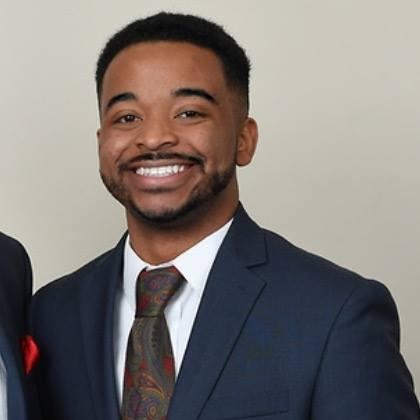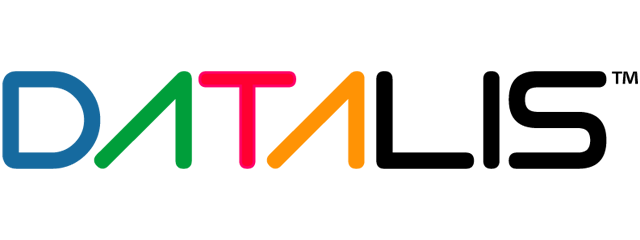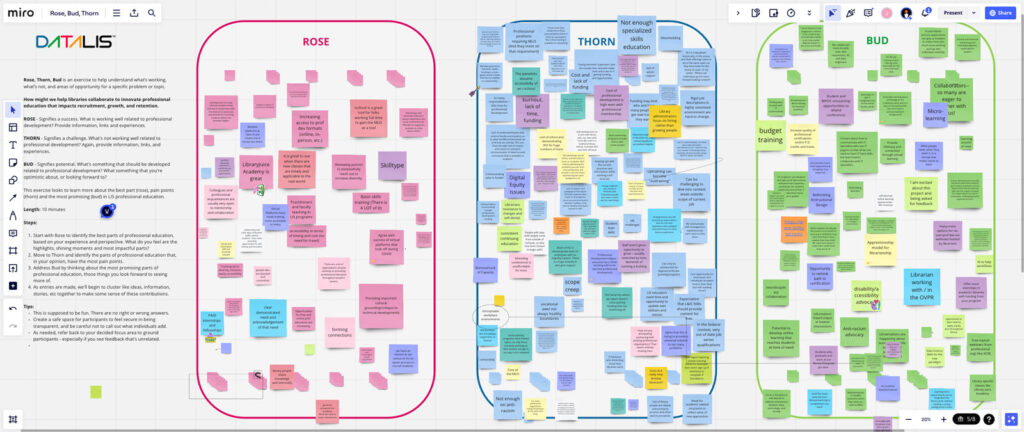On March 27, 2024 nearly 100 library and information science professionals gathered in San Diego, CA to take the next step in innovating professional education. The workshop leads are deeply grateful to each of the facilitators for helping the workshop be a success!
Meet our Group Coordinators.
Meet the LEADING Fellows from universities across the US that have helped coordinate design groups during the workshop

Abass Ahmed
PhD Student, College of Computing and Informatics, Drexel University

Hannah Jones
Circulation and Patron Services Librarian, Dominican Theological Library

Kay P Maye
Scholarly Engagement Librarian for Social Sciences and Data, Tulane University

Sarah Siddiqui
STEM Librarian, Carlson Library, University of Rochester

Hanlin Zhang
PhD Student, UNC Chapel Hill

Kate Kargozari
PhD Student, University of North Texas

Scott McClellan
PhD Student, Drexel University College of Computing and Informatics

Synatra Smith
CLIR/DLF Postdoctoral Fellow in Data Curation for African American Studies

Mason Jones
PhD Student, University of Maryland

HyungSeung Koh
Assessment Librarian and Assistant Professor of Library Services, University of Northern Iowa Library

Juliane Schneider
Research Librarian — Metadata, Pacific Northwest National Laboratory

Xiaohan Yan
PhD Student, University of Wisconsin, Milwaukee

